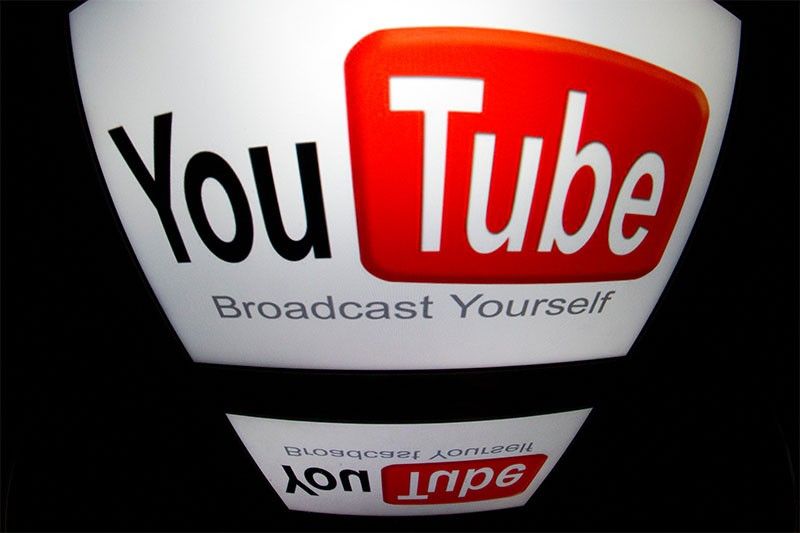YouTube 'creators' fret over impact of new child protection rules

SAN FRANCISCO, United States— Samuel Rader quit his job three years ago to work full time on his YouTube channel, "Sam and Nia," featuring videos of his family life.
The channel created by the Texas-based couple -- with videos of their Hawaii vacation, setting up their backyard pool and other content about "Christian family life" -- has become one of the stars of the Google-owned video service with some 2.5 million subscribers.
But the future is now uncertain for "Sam and Nia" and other YouTube "creators" as a result of a settlement with US regulators that will make it harder to get ad revenues from videos and channels directed at children.
"I went into a minor panic attack when I heard," said Rader, whose channel has taken in a reported $2 million from ads placed along the videos.
"I thought we would have to find a new source of revenues."
YouTube earlier this month agreed to pay a fine of $170 million and change how it handles collected data from children under a settlement with the US Federal Trade Commission.
YouTube will treat data from anyone watching children's content on YouTube as coming from a child. It will also stop serving personalized ads on this content entirely, and bar features such as comments and notifications.
The new rules, set to go into effect in four months, have stoked fears in the YouTube community of creators and "vloggers" like the Raders, who live off the advertising revenue.
Shock, grief, fear
"There's a lot of shock, grief and fear. For many creators, this is their only source of income," said Melissa Hunter of the Family Video Network, a consultancy which also operates a group of channels on YouTube.
"They are people making content in their houses, not huge companies; they're small homemade businesses."
Many questions remain as to how YouTube will define children's content -- intended for kids up to age 12 -- which will be subject to the new rules.
Rader said he has been advised that "we are a low-risk channel because our content is not targeting children."
YouTube is believed to have millions of content creators on its network, who share in the service's ad revenues, estimated to be more than $10 billion annually, though it is unclear how much of YouTube's content is directed at children.
In announcing the new policy, YouTube chief executive Susan Wojcicki acknowledged that "these changes will have a significant business impact on family and kids creators who have been building both wonderful content and thriving businesses, so we've worked to give impacted creators four months to adjust before changes take effect."
Wojcicki added that YouTube is "committed to working with them through this transition, and providing resources to help them better understand these changes," and would also establish a $100 million fund "dedicated to the creation of thoughtful, original children's content."
Critics of the internet giant said YouTube marketed itself as a destination for children and benefitted by selling advertising to toymakers and others.
FTC chairman Joe Simons said the settlement "prevents YouTube and Google from turning a blind eye to the existence of kids-directed content" on its platform.
Hunter said the creators of family content may collect anywhere from $30 to $100,000 per month, but that "those families are going to make almost nothing on January 1" when the new rules come into effect.
Ending targeting?
YouTube and creators may still be able to generate revenue from video ads as long as they are not targeted based on data collected from children, although these are far less lucrative.
"Advertisers do spend more for trackable, measurable placements," said Nicole Perrin, an analyst at the research firm eMarketer.
"I'm not sure there is a way to comply with this for kids without limiting some of the revenues on that side."
Shaun McKnight, whose Dallas-based M-Star Media has created several popular YouTube channels which have attracted millions of subscribers, said he and his wife anticipated changes were coming.
"My wife and I thought it was too risky so we pulled back," he said.
- Latest































